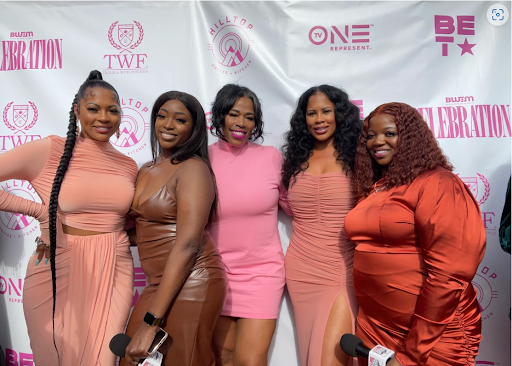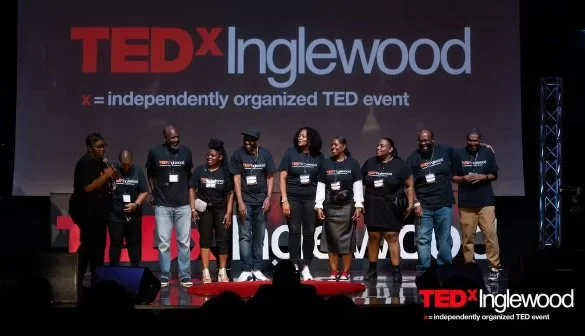The Performative Nature of “Cancel Culture” And It's Inconsistency
By: Cory Utsey
The public spectacle of withdrawing support from a famous person or brand is nothing new, as those who do questionable things in the limelight have always existed and received public scrutiny, or ostracization, for it. The main difference between this concept being applied in the past and in the present is the existence and the power of social media.
Referred to as “cancel culture”, what often happens is the following: a public figure or company will commit an act that has been deemed problematic, and social media users will either expose said act or shame it. Then, in the process of explaining why this action was wrong, people will call for the deplatforming of the brand or individual.
This phenomenon, which has worked hand in hand with movements such as #MeToo, has proven to be quite effective with the cancellation of some individuals, such as R. Kelly, Bill Cosby, and Harvey Weinstein. But with other individuals--such as the former president-- and even with certain companies, problematic behavior seems to be ignored and at times forgotten, with very little change in their level of power.
The idea of being cancelled is often thrown into any conversation surrounding the troublesome behavior of someone or something in the limelight, but the performative act of engaging with cancel culture is just that-- it is performative.
The implications of controversial behavior are relative because controversy itself is relative; although there are many societal commonalities in what might be considered vile versus what might be considered virtuous, individual biases still play a key role in the way that people determine what is good and what is bad.
In many cases, biases will present themselves through forms of discrimination such as racism or misogyny, and they are so prominent that certain actions will only be considered “cancellable” if they are committed by certain people. Additionally, those on the receiving end of different types of discrimination are often taught to be complacent in the face of prejudiced activity; they are told that because these activities are “normal”, there is no reason to be upset over them.
Even if biases are not inherently discriminatory, every individual experiences life differently, meaning that every individual’s perception on what is acceptable is also different.
But even if an action has been collectively deemed as wrong by society, this does not necessarily mean that they will be deplatformed.
Everytime the user of a social media app watches the video of an influencer or streams the song of an artist, they are putting money in someone’s pockets-- it does not matter if that click comes from a place of outrage or a place of praise. In turn, if content from these public figures goes viral, then the number of clicks will greatly increase, and so will their revenue.
When the inconsistent labeling of cancellable offenses is combined with the potential of profit, the vast majority of those who do “bad things” receive very little punishment. Their names are brought up in Twitter discourse, they might issue an ingenuine apology, and people move on.
Cancel culture, in theory, is quite effective in ensuring that power is taken away from those who do terrible things, but in application, it simply serves as a spectacle.
At the end of the day, people deserve to be held accountable for their wrongdoings--regardless of what is labeled as.
But biases should not take the place of morality.
If people truly want to engage with cancel culture, then they must be consistent with the parameters of cancellable offenses; one should not be excused from bad behavior because they make good music or create nice products.
This consistency must also be applied to the ideas of redemption and growth. Some actions are certainly unredeemable, but once again, redemption should not be offered only to those who create nice things.
And in regards to the use of social media, Twitter threads and “Exposed Videos” should not be the start and endpoint of accountability; if someone is truly undeserving of a platform, then the energy should be put towards minimizing that platform as opposed to amplifying the reach of their offenses, especially if these offenses are triggering.
Cancel culture itself is not the problem; it is inconsistency, along with the desire to receive mass social media interaction, that serve as the main culprits.
But with some slight redirection, deplatforming might become much more viable.







